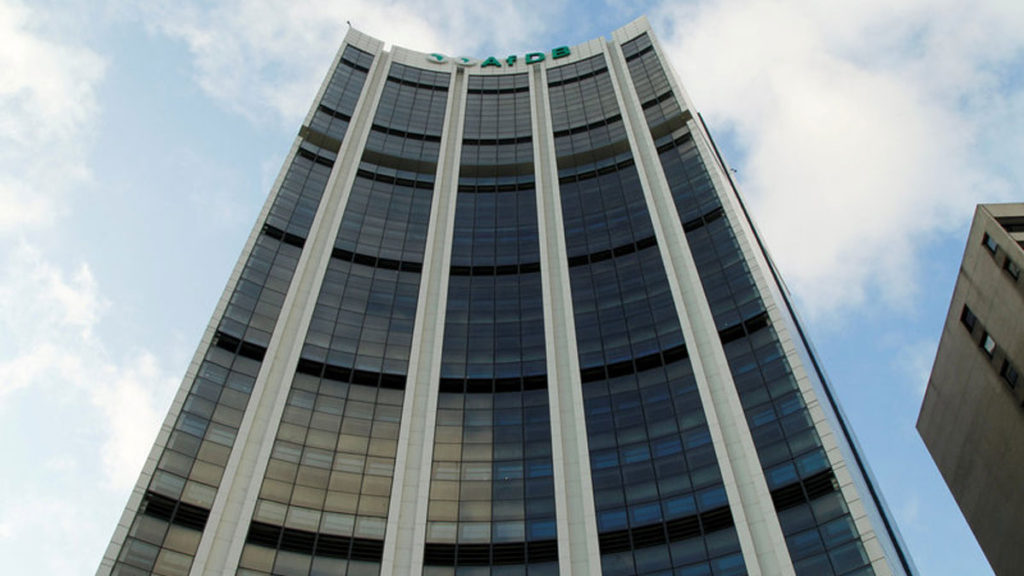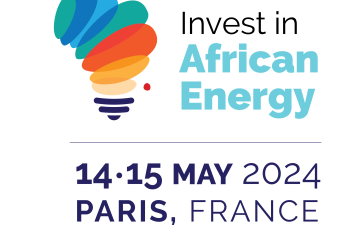
On Friday, the African Development Bank Group’s board of directors approved a $1.5 billion facility to avert a food crisis.
The $1.5 billion African Emergency Food Production Facility is a comprehensive initiative to support smallholder farmers during the Russian-Ukrainian war.
Africa faces a shortage of at least 30 million metric tons of food, especially wheat, maize, and soybeans imported from both countries due to the black sea crisis, which accounts for almost a third of the world’s wheat export.
The Africa Emergency Food Production Facility builds on the AfDB’s Feed Africa Response to Covid-19 program, said Beth Dunford.
“This program provided a strategic roadmap to support Africa’s agriculture sector and protect food security from the pandemic.”
The AfDB’s African Emergency Food Production Facility will provide certified seeds to 20 million African smallholder farmers.
It will increase access to fertilizers and boost food production by 38 million tons. The statement said $12 billion will be invested in food production in two years.
Aid can’t feed Africa. Africa needs no bowls. Akinwumi Adesina, president of the African Development Bank Group, said Africa needs seeds and mechanical harvesters.
“Africa will feed itself with pride because begging for food lacks dignity,” he added.
Consultations with fertilizer producers and African Union agriculture and finance ministers this month benefited the facility.
The ministers agreed to reform systemic barriers that hinder modern input markets.
Since the Ukraine war began, wheat prices in Africa have risen 45%. Fertilizer prices have tripled, and the continent faces a 2-million-ton shortage.
Bread prices have risen in many African countries. If this deficit isn’t made up, Africa’s food production will drop by at least 20% and the continent could lose $11 billion in food production value, the statement said.
The $1.5 billion plants will produce 11 million tons of wheat, 18 million tons of maize, 6 million tons of rice, and 2.5 million tons of soybeans.
20 million farmers will receive certified seeds, fertilizer, and extension services. It helps market growth and post-harvest management.
The African Development Bank will provide fertilizer to smallholder farmers across Africa over the next four farming seasons using loan guarantees and other financial instruments.
It will also advocate for policy reforms to solve structural issues that prevent farmers from receiving modern inputs. This includes strengthening input market institutions.
The facility works with multilateral partners. This will ensure rapid alignment, implementation, reach and impact.
It improves technical readiness and responsiveness. It includes short-, medium-, and long-term measures to address the food crisis and Africa’s long-term sustainability and resilience.
The facility is a long-term plan to wean Africa off wheat and food imports, according to the statement.
The African Emergency Food Production Facility will ramp up over five years. This will strengthen self-sufficiency in wheat, maize, and other staple crops and expand access to agricultural fertilizers, according to the statement.
The five-year phase will provide seeds and inputs to 40 million African farmers.
- Tags: AfDB, Africa, Agriculture, Food crisis





